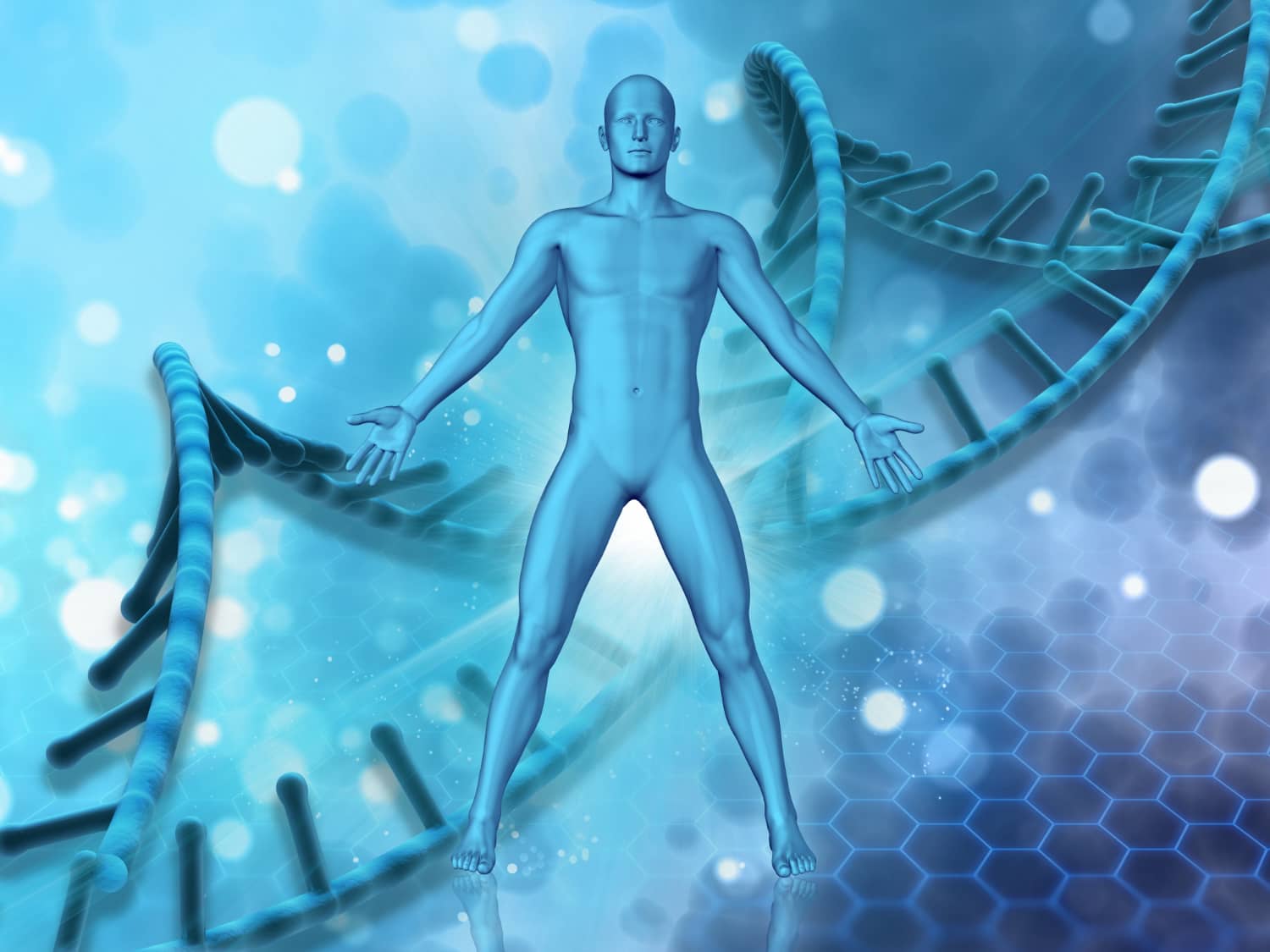Twin study shows benefits of vegan diet
Admin
- 0
A study of identical twins revealed that following a vegan diet for eight weeks results in a significant decrease in cholesterol and insulin, as well as an apparent younger biological age.

Advancing the understanding of the effects of diet on cardiovascular health, a pioneering study by Stanford University has revealed that a vegan diet can offer substantial benefits compared to a healthy omnivorous diet.
The research, which focused on identical twins to eliminate genetic and lifestyle variables, provides more robust and revealing data on the impacts of these dietary choices.
The study recruited 22 pairs of identical twins who shared similar backgrounds and lifestyles, thus ensuring a solid foundation for the research. For eight weeks, participants were randomly assigned to follow a plant-based diet or an omnivorous diet, both designed to be healthy and balanced.
A delivery service provided meals during the first month, followed by meal preparation by participants during the second month.
The results revealed that those who followed a vegan diet experienced a more significant decrease in low-density lipoprotein cholesterol (LDL-C), which is a key factor in cardiovascular disease. LDL-C levels decreased from 110.7 mg/dL to 95.5 mg/dL compared to 118.5 mg/dL to 116.1 mg/dL in participants who followed an omnivorous diet.
Contents
ToggleAlso Read: Having a mental health coach can delay memory loss in older adults
Additionally, the vegan twins experienced a 20% reduction in fasting insulin levels and lost on average 4.2 pounds (1.9 kg) more than their omnivorous counterparts. These findings suggest that a vegan diet not only benefits cardiovascular health by lowering cholesterol levels and improving insulin sensitivity but may also be effective for weight management.
“Based on these results and with longevity in mind, most of us would benefit from adopting a more plant-based diet,” said Christopher Gardner, a professor of medicine at Stanford and leader of the study.
The vegan diet favors a reduction in biological age
The study also revealed an intriguing aspect to its authors and that is that the twins who followed the vegan diet showed a lower biological age compared to their chronological age, suggesting possible additional benefits associated with the vegan diet, such as an increase in intestinal bacteria and reducing telomere loss, factors associated with aging.
“A vegan diet may confer additional benefits, such as an increase in intestinal bacteria and reduced telomere loss, which slows the aging of the body,” Gardner noted.
Despite these promising results, the researchers emphasize that strictly adopting a plant-based diet may not be necessary. The key is to include more plant-based foods in your daily diet, reduce your consumption of saturated fats, increase dietary fiber, and maintain a healthy weight.
“What’s more important than going strictly vegan is including more plant-based foods in your diet,” emphasized Gardner, who has been “mostly vegan” for 40 years. “Luckily, having fun with multicultural vegan foods can be a great first step,” she said.
This study not only highlights the importance of food choices in cardiovascular health but also suggests that small changes in diet can have a significant impact on long-term well-being.


